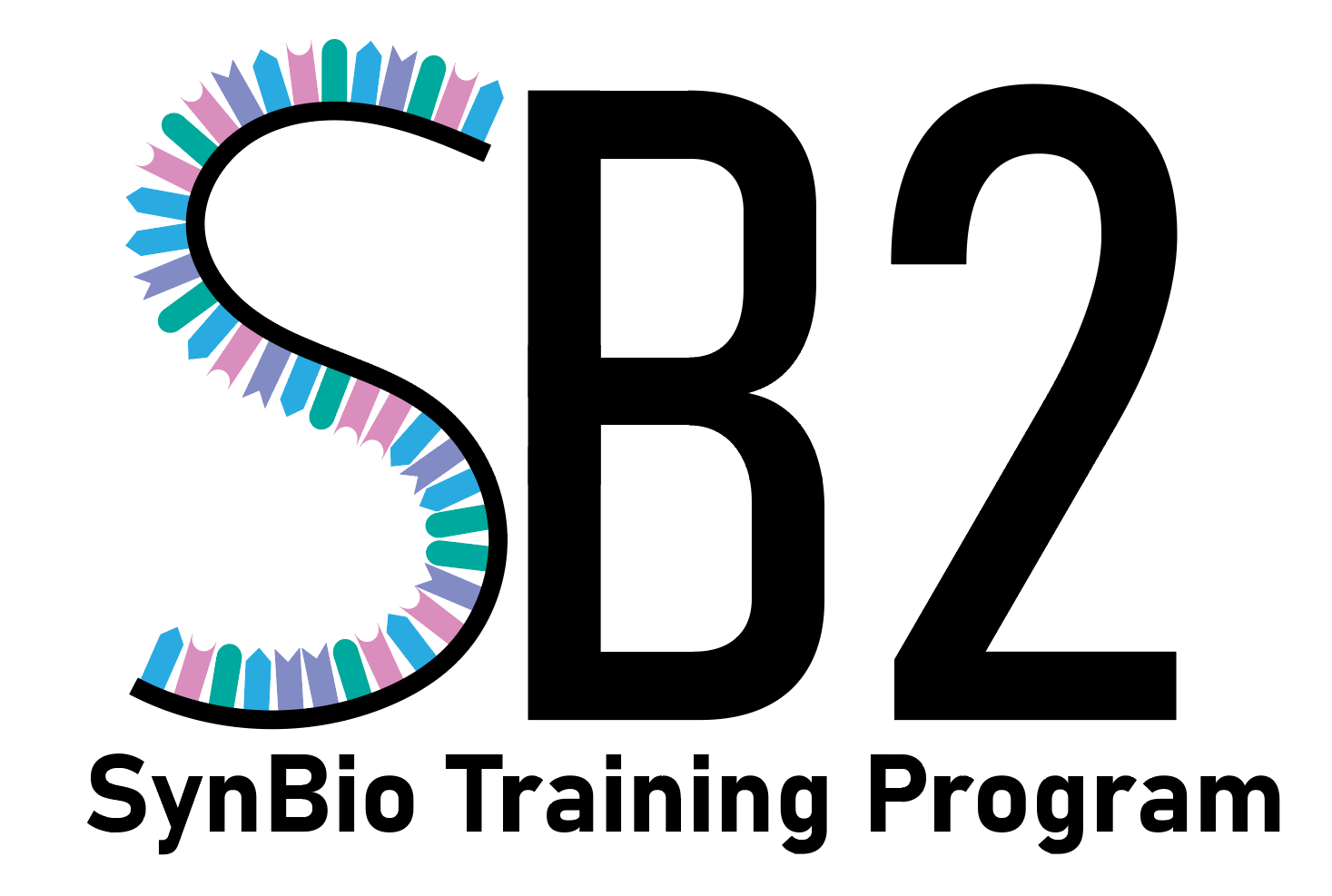Industry Engagement
Initiatives that help graduate students and postdoctoral fellows learn about innovation, entrepreneurship, and effective industry engagement can have a dramatic impact on their future careers, whether inside or outside academia. These initiatives are particularly important given that only a relatively small proportion of STEM Ph.D. students go on to faculty positions.
BDC SPIN, Nucleate Bio, and BTEC. Our trainees are encouraged to participate in programs developed by BDC SPIN and Nucleate Bio, and our graduate student trainees will also have an opportunity to join their leadership teams, which will further enhance their leadership skills and help them further expand their professional networks. The BDC also hosted several events that brought prominent female CSOs, CEOs, and other C-suite employees at STEM companies to BU campus to give speak about their experiences and professional journeys, and then to network with STEM graduate students, post-doctoral fellows, and senior undergraduates in our community. We also recommend that our trainees attend events at BU’s Bioengineering Technology & Entrepreneurship Center (BTEC), which is a 5,000 sq. ft. bioengineering “maker space” with a Molecular, Cellular, and Tissue Engineering Suite, a Biosensors and Instrumentation Suite, and a Digital and Predictive Medicine Design Suite. BTEC hosts workshops, career panels, and other events, and Dr. Diane Joseph-McCarthy (the Executive Director of BTEC) provides guidance and mentorship in research careers and enables students to engage open-ended innovation on their own and in partnerships with industry. BTEC offers regular Entrepreneurship Seminars – for example, Jo Viney, the CEO of Seismic Therapeutic, recently came to BTEC to talk about her biotech journey and how she sold her first company for $1.85B – and the BDC has partnered with BTEC to host a Women Leaders in Science event, at which more than 70 BU graduate students had a networking dinner with the board of the American Association of University Women (AWIS) and members of New England Women in Science Executives (NEWISE).
Summer Internship. Trainees will spend at least 12 weeks in summer undertaking a full-time internship in a biotechnology/pharmaceutical company in the greater Boston area. During the internship, students will be considered company employees and will not be required to attend any activities at BU (so they can fully immerse themselves in the company experience). In the past five years, trainees have undertaken internships at Ionic Pharmaceuticals, K2 Biotechnologies, Joyn Bio, Takeda Pharmaceuticals, Beam Therapeutics, LanzaTech, The Engine, Strand Therapeutics, Vedanta Biosciences, The Novartis Institutes for BioMedical Research (NIBR), Pfizer, Funga, Pearl Bio, and MatTek. Click here for more information about summer internships.
Other Biotechnology and Business training. Trainees will receive funding to attend the Fierce Biotech Summit, the STAT Summit, or another local conference that is focused on the Biotechnology and Business. Attending these conferences will allow our trainees to network with leaders in the field and give them unique insights into the most important topics in biotechnology, medicine, and policy. Trainees will also be encouraged to attend STAT Locals events, which are free networking meetups hosted by STAT, throughout the year to strengthen their nascent professional network. Trainees will also be encouraged to attend another conference, to strengthen either their knowledge of Biotechnology and Business (i.e., Ginkgo Ferment, SynBioBeta, MassBio, etc.) or to present their research progress to their peers (i.e., Gordon Research Conference, Keystone Symposium, etc.). In order to continue their Biotechnology and Business Training, students will visit The Engine, a venture firm and incubator space built by MIT and based in Cambridge MA, that is investing start-up companies that use cutting-edge technology to solve challenges in human health, climate change, and advanced systems and infrastructure. They will meet with the Director of Research and Analytics at The Engine and Dr. Jing Zhang, one of our T32 alumni who recently graduated with a Ph.D. in Biomedical Engineering and is the co-founder and CEO of Anthology. Anthology is optimizing genomes of underexplored organisms such as filamentous fungi to expand the portfolio of valuable products that can be made biologically in a sustainable and cost-competitive way.
